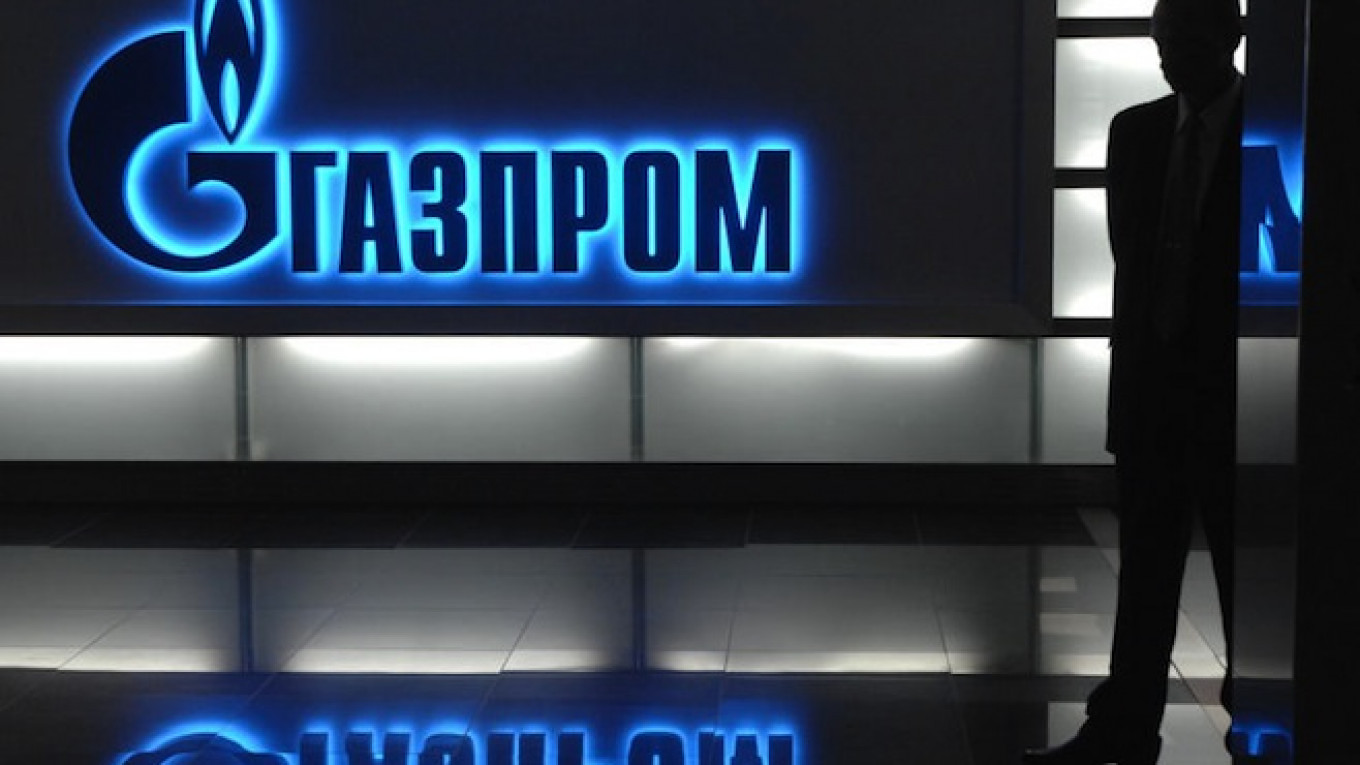Gazprom Neft has not been affected by Western sanctions over Russia's annexation of Crimea but is ready to move away from dollars in its contracts and to redirect oil flows to Asia if needed, the CEO of Gazprom's oil arm said.
Alexander Dyukov told reporters that Western banks are unlikely to stop cooperating with Gazprom Neft and that Western oil majors do not want geopolitical tension to affect their partnerships, but said the company is prepared to step up contacts with Asian lenders and also raise money in Russia.
Kremlin-backed executives have defiantly voiced confidence their companies can cope with any sanctions imposed during the ongoing standoff between Moscow and the West over the annexation of the Black Sea peninsula Crimea.
The U.S. and European Union have imposed visa bans and asset freezes on allies of Russian President Vladimir Putin, and are threatening broader measures that could affect entire economic sectors if Moscow escalates tension over Ukraine.
"As for sanctions, they have not affected the company's business in any way," Dyukov said in St. Petersburg, where Gazprom Neft is now based.
He suggested that Western companies did not want broader sanctions imposed on Russia, but that Gazprom Neft would reduce its reliance on the U.S. dollar if necessary and turn to Asia if doorways to the West were shut.
"Of course, I have had meetings, contacts with representatives of Western business circles ... In principle, they are not interested in escalation of tensions," Dyukov said.
Gazprom Neft is exploring for unconventional oil — believed to be a source of future oil output growth in Russia — in western Siberia with Royal Dutch Shell.
With all things American out of vogue as the U.S. seeks to punish Putin for the annexation of Crimea and deter him from seeking control of any more Ukrainian territory, he said the company had broached the idea of dropping the dollar.
"No such task has been set (by the government)," he said. "But ... we have discussed with our buyers the possibility of switching contracts to euros and ... 95 percent said they are ready."
"This shows that in principle there is nothing impossible — you can switch from dollars to euros and from euros, in principle, to rubles," he told reporters.
Kremlin critics say Russian energy companies need partnerships with Western companies for help with the know-how and financing to extract oil and gas that is hard to reach.
But Dyukov said Gazprom Neft could turn eastward, echoing a message delivered by Putin and top allies such as Igor Sechin, the head of state oil giant Rosneft.
"We think Western banks are unlikely to stop cooperation with us, but in any case we have paved a way to Asian lenders as well ... plus there is a domestic market," Dyukov aid.
He said that Gazprom Neft, Russia's fourth-largest oil company by output, is ready to withstand a spike in borrowing costs to continue developing the Bazhenov Formation in western Siberia.
Gazprom Neft plans to start commercial oil production at its Badra field in Iraq in May and ship the first cargo with oil from Prirazlomnoye, Russia's first offshore field in the Arctic, in the second half of April, he said.
A Message from The Moscow Times:
Dear readers,
We are facing unprecedented challenges. Russia's Prosecutor General's Office has designated The Moscow Times as an "undesirable" organization, criminalizing our work and putting our staff at risk of prosecution. This follows our earlier unjust labeling as a "foreign agent."
These actions are direct attempts to silence independent journalism in Russia. The authorities claim our work "discredits the decisions of the Russian leadership." We see things differently: we strive to provide accurate, unbiased reporting on Russia.
We, the journalists of The Moscow Times, refuse to be silenced. But to continue our work, we need your help.
Your support, no matter how small, makes a world of difference. If you can, please support us monthly starting from just $2. It's quick to set up, and every contribution makes a significant impact.
By supporting The Moscow Times, you're defending open, independent journalism in the face of repression. Thank you for standing with us.
Remind me later.






